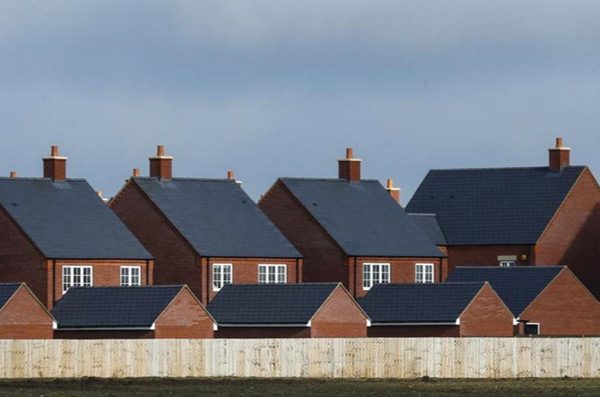
Analysts expect Chinese investors to continue buying into the United Kingdom’s property market, despite announcements in Wednesday’s Autumn Budget that could cause disincentives.
The budget took the UK’s real estate sector by surprise, with an announcement that the government was eliminating capital gains tax relief for overseas buyers of UK commercial property. The new rules could come into force from April 2019, and the government forecasts the change will raise around 500 million pounds ($664 million) in tax revenue by 2024.
Lucy Zhu, an associate at the law firm Baker McKenzie, who specializes in the real estate sector, said Chinese investors will continue buying UK commercial real estate because capital gains tax is just one element in their decision-making process.
“They will also consider rental yield, capital gain, cost of funding, diversification, and other facts,” Zhu said. “The pound’s depreciation since the 2016 referendum vote has made Britain’s property market attractive for Chinese buyers, and the slowing down of property development opportunities in China has also made many Chinese developers look abroad for opportunities.”
Chinese buyers made headlines in recent months by snatching up landmark London commercial properties. CC Land bought the Cheesegrater for 1.15 billion pounds in March, and China Resources Land bought 20 Gresham Street in May for 315 million pounds.
The latest figures from real estate agent CBRE show Chinese investors bought UK commercial property worth 4.5 billion pounds in the second quarter of 2017, a six-fold increase year-on-year.
Alan Tsui, director of Globe Alliance Real Estate Limited, which helps Chinese clients buy UK properties, said the new rule is taking away one benefit that was previously making UK property investment attractive for Chinese buyers. But he thinks Chinese buyers will still see the UK market as attractive overall.
Anne Breen, global head of real estate investment process and strategy at Aberdeen Standard Investments, said the UK’s real estate market also remains attractive for Chinese buyers for being transparent, liquid and legally robust.
“Equally, the costs of investing in other global markets vary substantially and many are higher than the UK,” she said. “Therefore, the taxation change is unlikely to unwind the UK’s global status.”
Dan Neidle, a partner at law firm Clifford Chance, said although property investors are likely to be very unhappy, the change aligns the UK tax system with most other advanced economies.
“Almost every other jurisdiction taxes foreign investors on capital gains, so yesterday’s change shouldn’t make the UK less attractive than other potential destinations,” Neidle said.
The Autumn Budget also gave local councils the authority to double council taxes on empty properties, which could hit Chinese investors who own a second property in the UK. Under the new rules, local councils can charge up to an extra 100 percent of council tax if a home has been empty for two years or more, up from the current 50 percent.
However, analysts believe Chinese investors’ appetite to own second homes in the UK will not be deterred, as the additional tax will be minimal.
“Council tax, even at the highest band, is not a significant cost, particularly for a high-net-worth individual, and we do not expect this announcement to impact the decision-making of owners or prospective buyers,” said Lucian Cook, head of UK residential research at Savills.


